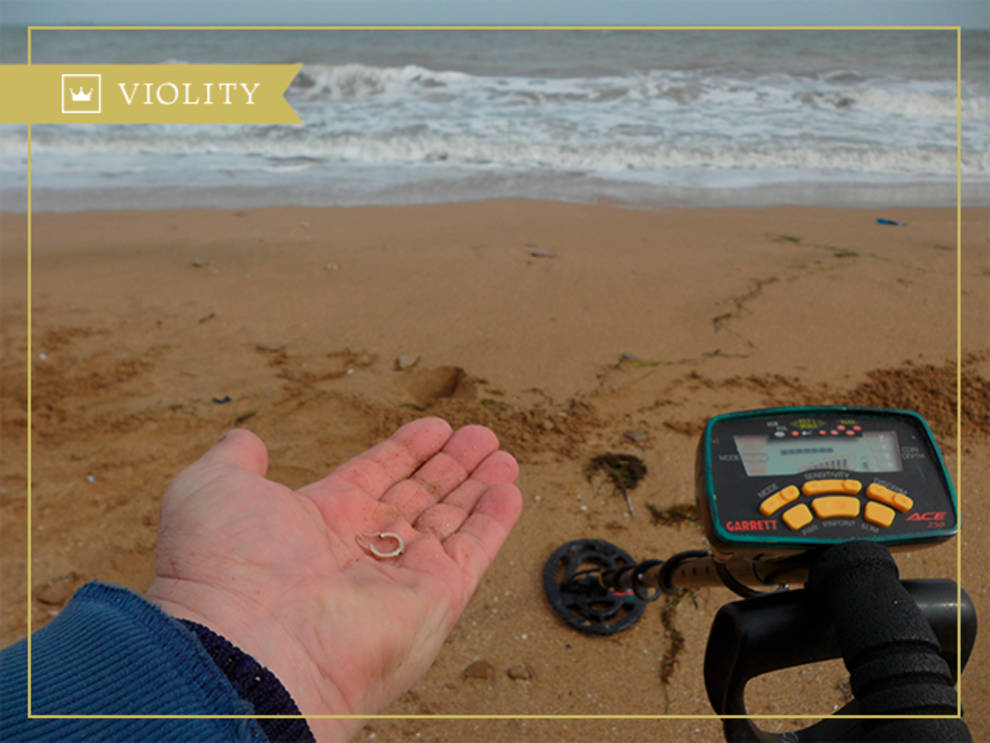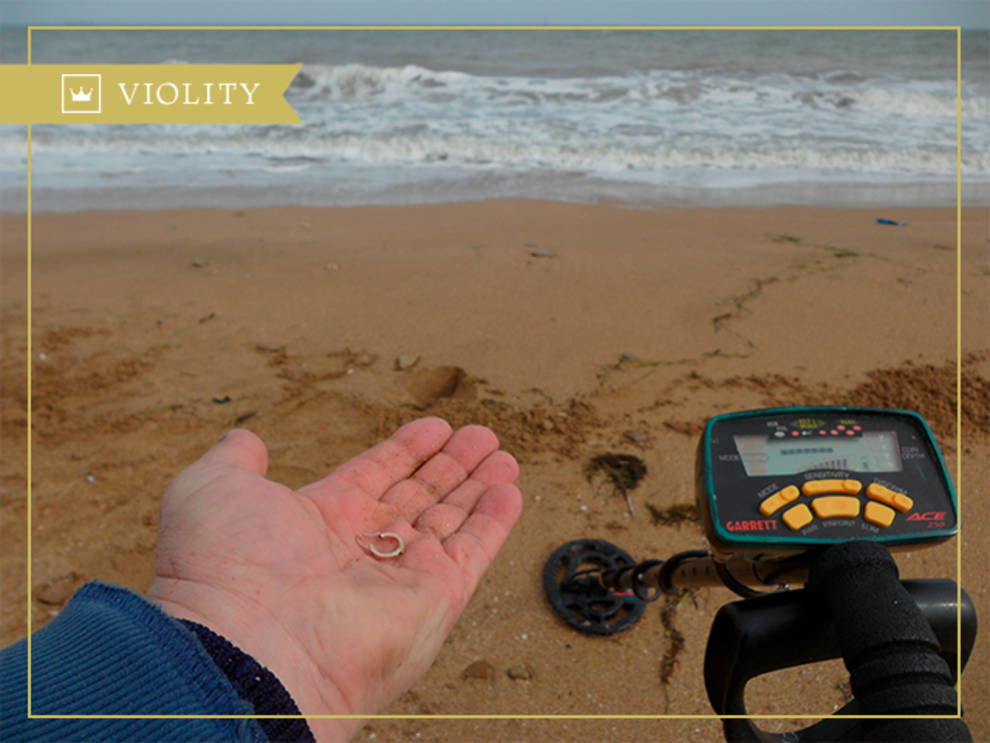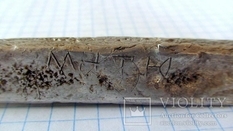
Beach search on the sea: how to dig, how does sea salt affect and does a reel need protection?

Photo © google.com
Unlike ordinary search, beach search has its own characteristics. Salty sea sand is, first of all, an effect on the mineralization device. But is it just that?
What to dig?
Dry sand on the beach is difficult to handle with a shovel. He just poured from it, and the pits quickly "draw down". Moreover, in water, its functions as an auxiliary tool for instrument search are very doubtful.
Finds in the sand are shallow. But they need to get it. Here Scoob will help - a special metal scoop with holes. At the intake, sand is sifted through these holes, and the finds remain in the scuba.
How does salt affect?
Sea salt is the biggest problem for beach searching. The environment of high mineralization is very “pressing” on the metal detector: phantom signals, the inability to correctly determine the type of find, the loss of the depth of detection.
But the search on the sea beach can be carried out even with an inexpensive device, for example, Garrett ACE 250. It simply reduces the sensitivity to the disappearance of phantoms. This affects the depth of detection, but in most cases the beach finds are shallow and even with this setting they are visible. Although it is best to have a metal detector with advanced functionality.
Do I need protection on the coil?
Coil protection is a useful thing. But during a beach search, it can reduce search efficiency. When immersed, salt water penetrates inside. After drying, the salt remains, which creates an additional load on the balance of stability of the detector.
Get ready, summer is coming. Luck with searching.


